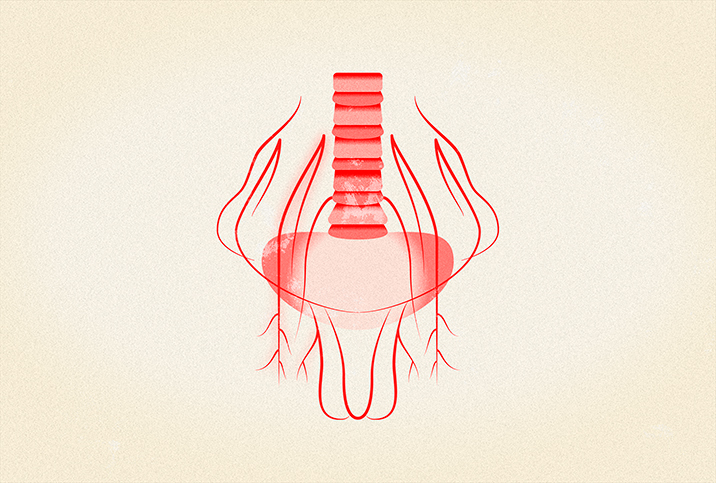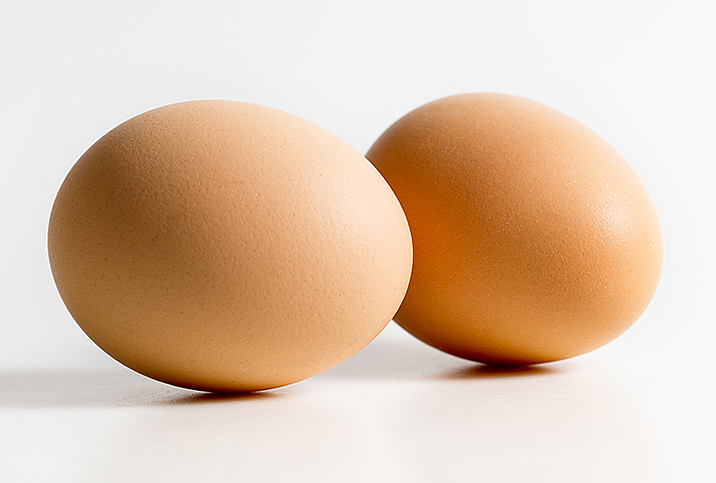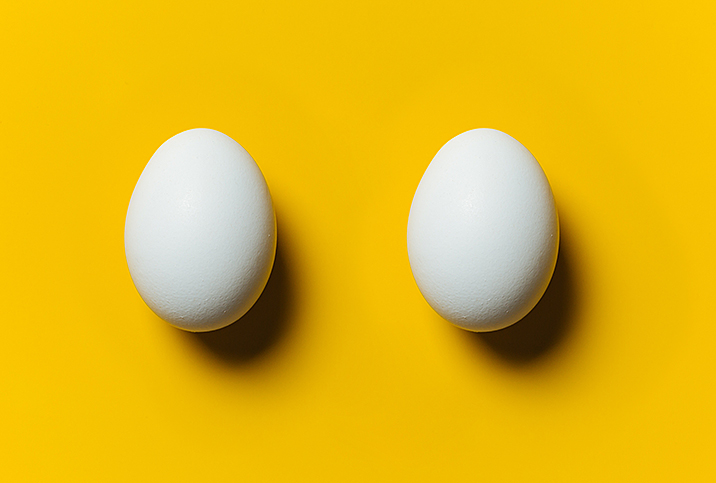Your Chronic Testicular Pain Could be Orchialgia

Every guy knows just how awful testicle pain is. And even if the only experience women have with this certain pain is seeing a man accidentally get knocked in the balls and then squirm, wince and flail, most everyone understands that getting this pair of exposed, delicate glands banged around is akin to a short, nauseating trip to hell.
Unfortunately, that trip is never short enough.
The occasional football to the groin or similar minor testicular trauma is one thing. However, if you experience ongoing testicle pain with no apparent cause, that's something altogether different—and it could mean real problems, including orchialgia.
What is orchialgia?
Although men may be reluctant to talk about it, orchialgia—chronic testicle pain—is not nearly as uncommon as they might think.
Orchialgia is generally typified by three months or more of ongoing testicular pain. It can come on rapidly with acute, severe discomfort, or it might grow slowly and hang around for a long time.
Evaluating and diagnosing orchialgia can be tricky because tracking down a definitive cause is often difficult. However, urologists say orchialgia has two distinct categories: pain from the testicle or pain referred to the testicle from nearby structures.
What causes direct testicle pain?
It's frustrating, but doctors are frequently unable to identify a testicular cause of the pain associated with orchialgia. What they can do is eliminate some other common causes of testicle pain, such as infection, cancer, injury and testicular torsion.
Once these possibilities are taken off the table through negative ultrasound tests and other evaluations, doctors can treat possible causes such as inflammation and nerve irritation. Chronic inflammation can be treated with anti-inflammatory medication over several weeks and may help alleviate the discomfort of orchialgia.
What can cause extratesticular pain associated with orchialgia?
The pelvic area is a bundle of sensitive organs. Pain signals sent from different structures in the area often get misinterpreted by the brain. When this happens, the brain "refers" the pain to a nearby organ—such as a testicle—even if the pain originates in some other organ or structure.
It's important to note that this type of referred pain isn't limited to just the testicle. Sometimes the brain thinks it's feeling the pain in the lower back, anus, perineum, penis or lower abdominal area.
How is orchialgia treated?
The first line of treatment for orchialgia, once other potential problems are eliminated, is usually anti-inflammatory medications, as mentioned above.
However, chronic inflammation often causes nerve irritation and may require other methods of treatment. Sometimes, even after weeks of treating the tissue inflammation with medication, the nerves will still send pain signals due to chronic irritation.
If this is judged to be the case, and the pain keeps coming back, doctors will often treat this type of orchialgia with medications that dampen the activity of these nerves or procedures including surgery that stop the signals sent by them.
Surgical treatment for orchialgia
It should be reiterated that the first line of treatment for orchialgia is almost always going to be anti-inflammatory drugs. With a condition that's so difficult to pin down to just one cause, doctors are reluctant to treat it with more radical procedures unless necessary.
Still, several surgical options are available for chronic testicle pain, according to a meta-study published in 2016 in the Indian Journal of Urology:
- Varicocelectomy
- MDSC (microsurgical denervation of the spermatic cord)
- Epididymectomy
- Orchiectomy, or the surgical removal of at least one testicle
Conclusions
The meta-study also notes that orchialgia is not only common but also appears to be on the rise—about 100,000 men are diagnosed with it per year in the United States.
While diagnosing this condition can be elusive and frustrating, you shouldn't hesitate to seek evaluation and treatment any time you experience unexplained testicle pain. At the very least, doctors can rule out more serious conditions and perhaps even treat your orchialgia with anti-inflammatory meds to ease your discomfort.

















